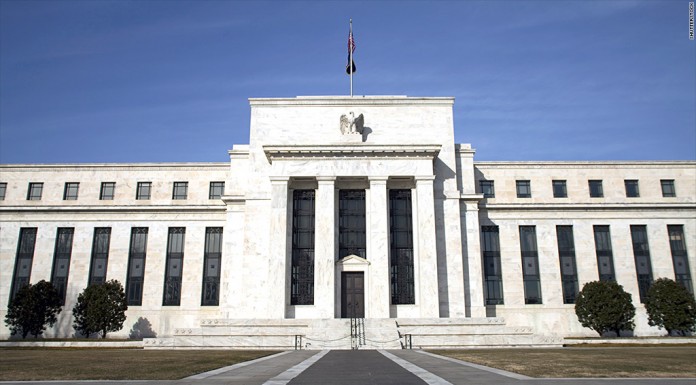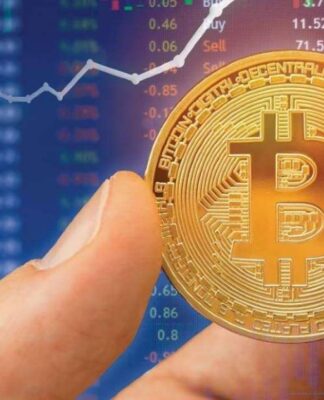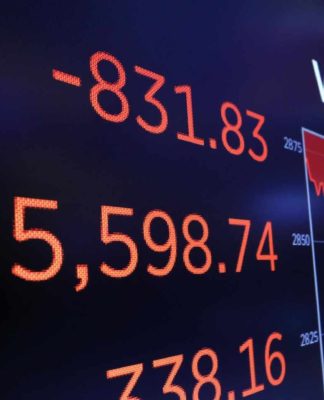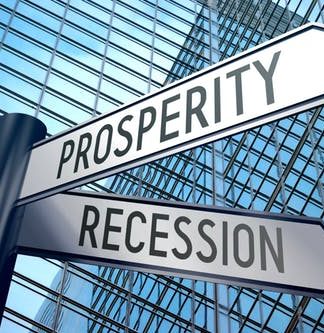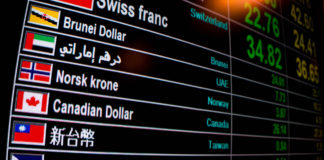Whether you choose to invest in currency markets or not, you should still have an understanding of foreign exchange rates. Even if your investments are focused in one region or market (which they really shouldn’t be), in this global economy, the strengthening or weakening of a currency can dictate the success of almost any investment.
“Almost every company now will have some transactions in a currency other than their functional or reporting currency,” Richard Cayne of Meyer International explains. “So, any deviations in exchange rates from when a transaction is agreed to when it is executed to when it is reported can make or break a going concern.”
While most people won’t consider exchange rates except for when they travel or if they live outside their home countries, it is imperative that you know what impacts these rates so that you can prepare or adjust your investments accordingly.
Major factors that impact rates
Interest rates: If interest rates are high in a certain country, then saving money there becomes more attractive. This would lead to greater demand for that currency, which may lead to a strengthening of its exchange rates.
Inflation: As discussed in another article, inflation has wide ranging influence on economies. As it relates to currencies, the rule of thumb is that higher inflation means a higher cost of living, which in turn means it will take more of that currency to buy things. This could then lead to investors avoiding that currency, thereby further weakening it.
Trade balance: The total amount of trade a country conducts with other countries will definitely affect how its currency fares. If a country has a trade surplus, this strengthens the value of their currency as other countries will need to buy it to fulfill their trade obligations. A deficit means that a country most likely must borrow from other countries and therefore will need to exchange its own currency, causing a reverse effect.
Speculation: As with stocks, there are investors who will buy or sell a currency based on what they think will happen with its rate. Normally, this would have a minor impact on a currency’s value, but if done in a large enough volume, the effect could be disastrous. Famously, George Soros led a group of hedge funds to bet against the British pound and made over a billion dollars doing so, but almost took down the economy as a result.
But you must remember that one factor may outweigh another factor enough to counteract its affect. For example, high interest rates may be appealing for savings, but if inflation is high as well, the buying power of that currency weakens and may cancel out any savings benefits.
Also, these are just some of the factors. There is also the possibility of government intervention, changes in trade relations between countries, employment rates, and overall economic growth, to name a few.
What should you do?
This may all seem quite overwhelming, but there is no need to panic. As mentioned may times before in this blog, diversification is key to protecting your investments against any changes in the economic and financial environments. And there is no need to do this alone. Contact a financial consultant, like Richard Cayne, who can work with you through your decision-making process to ensure that your investments are safe and sound.






